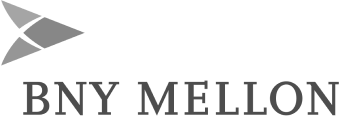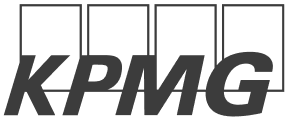


Homepage
Invest with a trusted partner
Create and capitalise on unique opportunities
Grow wealth with measured risks
Let us support and protect your family’s legacy through investment management, debt structuring and complex financial planning.
Access our unique skills to leverage your income and assets to opportunistically capture all the global options available to you.
Partner with a trusted, respected and exclusive brand to protect and grow your clients’ interests.
Our flexible financial strategies are tailored around your lifestyle and financial goals, adapting to your life’s stages.

We offer advice on a range of insurance and structuring solutions that help protect your wealth from life’s unexpected risks.

Leverage our global view to capture opportunities, measure risks and drive sustainable wealth accumulation.

Let us be your chief financial officer, optimising your debt and mortgage facilities, reducing costs and accessing capital when and where you need it.

Together we will source opportunities to transform your self employed business, accelerate growth and position you to realise value when your family is ready for the next challenge.

Utilise our technology, buying power and attention to detail to organise the administration of your affairs. Together with your Tax Agent and Legal Adviser let us administer your time consuming distractions.

Building wealth does not come easy, we understand the time, dedication and personal sacrifies needed to achieve it. As an extension of your family, it is our mission to support your family in achieving generational wealth via quality, personalised investment management and debt advice.
Make Cashel Family Office, your family office. We are here for the long run, willing to go the distance for you, helping to protect and grow your wealth with the platforms, partnerships and technology that support the unique needs of families like yours.








Cashel Family Office is Australia’s leading multi-family office providing exclusive financial advice to aspiring and affluent families. We tailor our solutions to protect and grow your family’s wealth for generations to come.